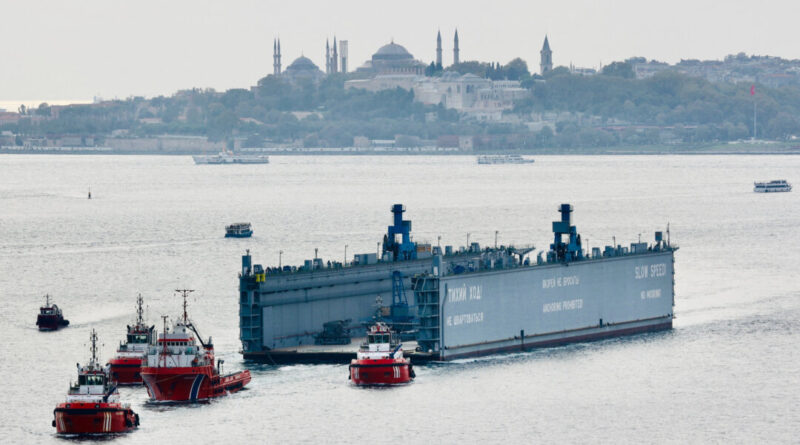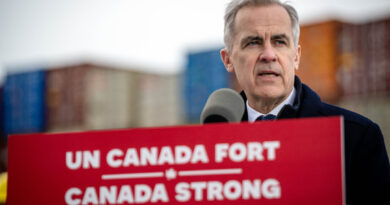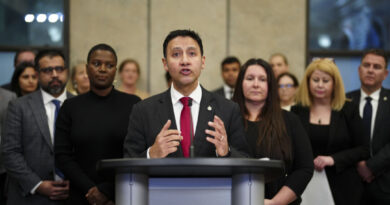US announces agreement between Russia and Ukraine for maritime cease-fire in the Black Sea
The agreement represents a shift in U.S. policy, focusing on easing restrictions on Russian maritime trade and payments related to food and fertilizer exports.
The United States has made the announcement that Russia and Ukraine have agreed to a maritime ceasefire for the Black Sea.
This agreement entails a commitment from the U.S. to support the restoration of Russia’s access to global markets, including the lifting of restrictions on agricultural and fertilizer exports, reducing maritime insurance costs, and enhancing access to ports and payment systems—critical sectors of Russia’s economy that have faced challenges since its invasion of Ukraine in 2022.
For Ukraine, the United States has promised assistance in achieving the exchange of prisoners of war, releasing civilian detainees, and returning forcibly transferred Ukrainian children.
Additional measures agreed upon include a pledge from both sides to outline actions to prohibit strikes on energy infrastructure in Russia and Ukraine.
These announcements came after a series of bilateral discussions in Riyadh, Saudi Arabia, hosted by Crown Prince Mohammed bin Salman. The talks, which commenced on March 23, were a follow-up to previous talks between President Donald Trump and Russian President Vladimir Putin, as well as Trump and Ukrainian President Volodymyr Zelenskyy.
Moscow also mentioned that the 30-day halt on strikes against energy facilities, starting on March 18, could be extended, but either side can withdraw if the other party fails to comply.
“Since March 11, there has been a proposal from America for a comprehensive and unconditional ceasefire—not just concerning energy and the Black Sea. Russia did not agree to this,” he expressed.
Both Kyiv and Moscow have emphasized the importance of Washington enforcing the agreements, showing skepticism that the opposing side will adhere to them.
“We require clear assurances,” mentioned Russian Foreign Minister Sergei Lavrov. “Given the unfortunate history of agreements solely with Kyiv, the guarantees can only come from Washington instructing Zelenskyy and his team on what to do and what not to do.”
“Russia is not trusted by the world,” Zelenskyy remarked. “They need to prove that they are ready to end the war and ready to be truthful to the world, Trump, and America.
Both Russia and Ukraine welcomed the participation of other nations in assisting with the implementation of the maritime and energy agreements, as stated by the White House.
The talks in Saudi Arabia take place amidst extensive efforts by the Trump administration to broker a comprehensive peace deal between Russia and Ukraine, which encompasses a partial ceasefire and protection of energy infrastructure.
Steve Witkoff, the White House’s special envoy, leading the Middle East diplomatic efforts, expressed optimism for real progress, specifically regarding maritime safety in the Black Sea.
Russia has consistently highlighted that Western restrictions on its food and fertilizer exports have disproportionately impacted developing nations, despite exemptions for such goods on paper.
The White House reaffirmed that the discussions in Riyadh were “in line with presidential-level discussions between President Trump and President Putin.”
Detailed negotiations on other aspects of the Russia–Ukraine conflict, such as ceasefire lines and verification mechanisms, are ongoing.
The White House expressed appreciation to Saudi Arabia for facilitating the discussions.
Reuters, The Associated Press, and Chris Summers contributed to this report.
This article has been updated with statements from the Kremlin and Kyiv.





